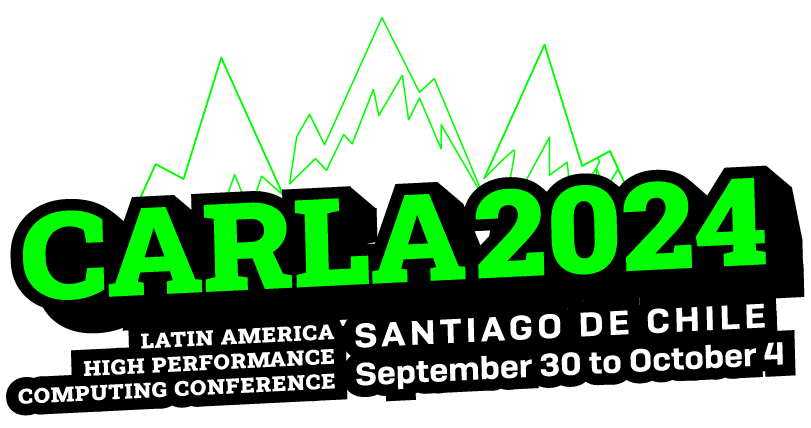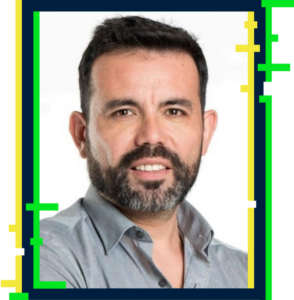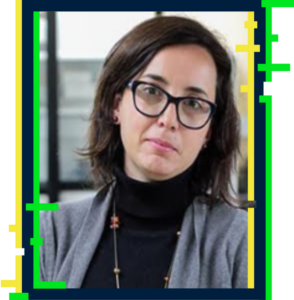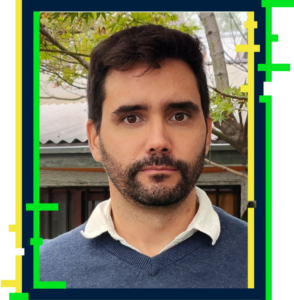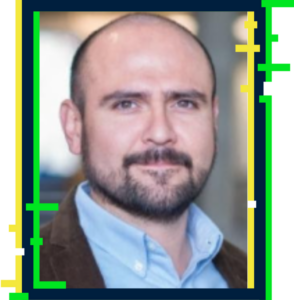Alvaro Muñoz-Castro
Affiliation: Universidad San Sebastián
Carolina Mascayano
Affiliation: Universidad de Santiago de Chile
Otoniel Denis
Affiliation: Departamento de Física. Facultad de Ciencias. Universidad de Chile
Alvaro Vazquez-Mayagoitia
Affiliation: Argonne National Laboratory
Dr. Daniel Aravena
Universidad de Santiago de Chile, Chile
daniel.aravena.p@usach.cl
Dr. Pablo Jaque
Universidad de Chile, Chile
pablo.jaque@ciq.uchile.cl
Location:
North Building, 7th Floor, John Von Neumann Room
09:30:
Gerald Zapata Torres – Universidad de Chile
09:55:
Tania Sandoval – U. Técnica Federico Santa María
10:20:
Otoniel Denis – Universidad de Chile – “Computational Chemistry as a Critical Tool for Studying Molecular Processes in Extreme Conditions”
10:45:
Alvaro Vazquez-Mayagoitia – Argonne National Laboratory – “Machine learning potentials with ab initio accuracy in extreme scale environments”
11:10:
COFFEE BREAK
11:40:
Álvaro Muñoz-Castro – Universidad San Sebastián – “Modern Aspects of Chemical Bonding in Cluster Chemistry From Computational Chemistry”
12:05:
Carolina Mascayano – U. de Santiago de Chile – "Rational design of 5-lipoxygenase Inhibitors
by in silico and in vitro studies.”
12:30:
Dayan Páez – Universidad Andrés Bello
12:55:
Final Remarks
13:00:
End of workshop
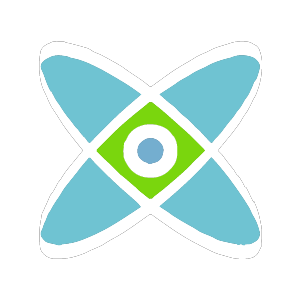
Current Applications of Computational Chemistry
Description:
The goal of this workshop is to provide a space for discussion and outreach for the main research efforts in the field of computational chemistry driven by local research groups. Given the broad scope of applications of this field, speakers will be selected to cover a diverse variety of topics, ranging from applications in life sciences to materials physics and chemistry.
Today, most of the applications in computational chemistry require the use of large computational facilities in order to approximate the Schrödinger equation with high accuracy, since model systems can comprise hundreds or even thousands of atoms or simulate atomistic dynamics for long time evolutions. This workshop will include researchers based on both quantum and classical mechanics approaches to showcase the different capabilities and challenges associated with each methodology.
This workshop does not receive submitted papers, although all speakers are required to provide an abstract of their talks.
